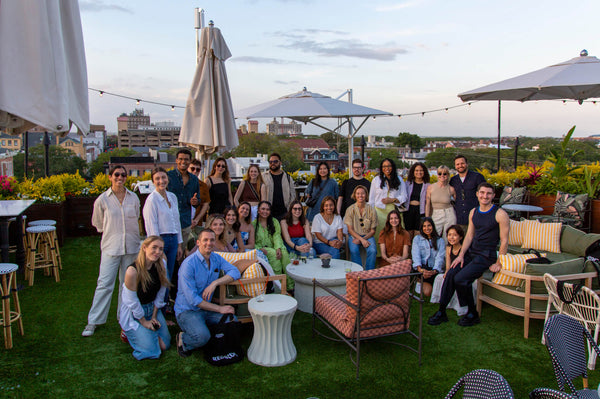
Are We Entering a New Era of Hybrid Work?
By Char Baxter
February 23, 2023
As we reach the three year mark of COVID-19 fundamentally reshaping the way we work, we seem to be taking stock of what’s benefiting us, what’s not, and what might carry us forward. We’ve begun to question our hybrid policies, emerging conventions, and why or how we should log in from home versus heading into the office.
It would appear that the “best practices” we’ve grown accustomed to across digital and physical spaces are no longer holding up. Virtual meeting culture is under fire. To combat Zoom fatigue, companies like Shopify have rolled out a “calendar purge” requiring staff to ditch recurring meetings with more than three people in attendance, and have eliminated meetings on Wednesdays altogether. In facing a similar challenge at Redscout, we’ve piloted new tactics such as “No Meeting Mornings” before 11am ET and “Finish Line Fridays” to carve out room for heads-down time. In-person work is also under scrutiny. Employers are scrambling to divest from expensive, empty real estate to ensure they’re maximizing efficiency––while keeping their talent eager to contribute. New offerings such as Microsoft Places have popped up promising to solve for such conundrums. At Redscout, we’ve hosted a series of periodic offsites we call “Camps” designed to make the most out of our time together at the office.
So, what will the future of work look like? Will we push back the tidal wave of digital meetings by embracing asynchronous collaboration? Will the physical office shift from a place for productivity to a place for social connection? Will we replace our patchwork of disjointed technology platforms with more streamlined ways to communicate? Some things are clear––the new conventions of hybrid work we are rewriting must provide people with an existential feeling of purpose, deliver a sense of intention, and be built upon the foundation of autonomy we’ve grown to treasure.



